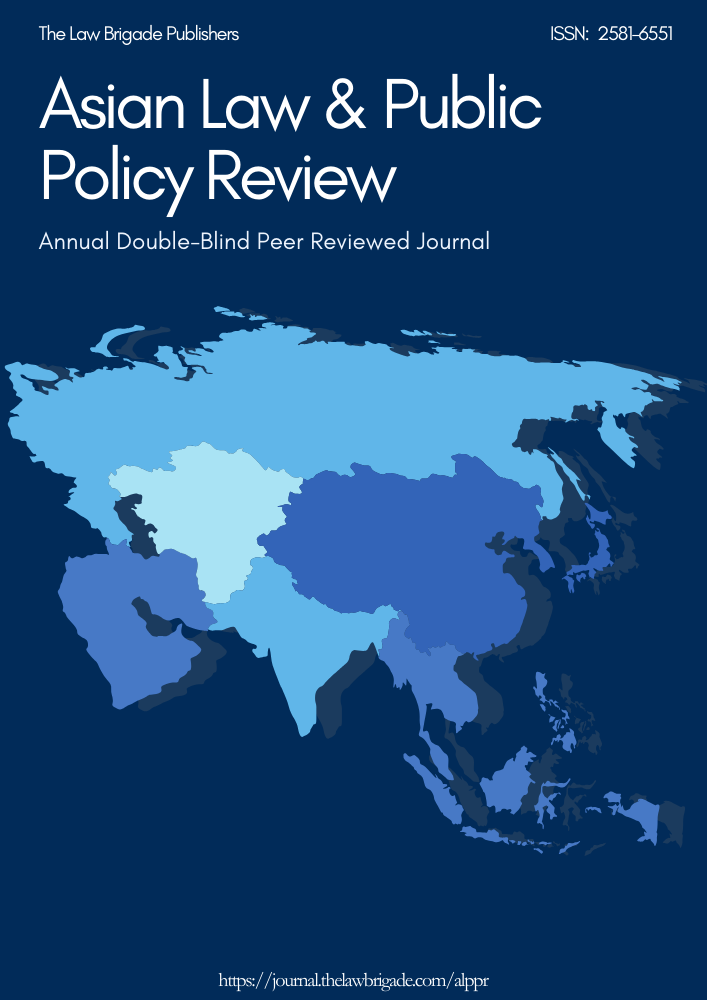Role of Black Money in Degrading a Nation’s Economy –Challenges and Remedies
Keywords:
Tax Evasion, Illegal, Economy, ProfoundlyAbstract
Black Money is the untaxed money on which the defaulters wilfully don’t pay tax and try to hide it from the government or the Income Tax authorities. It is mainly done through evading taxes. Tax Evasion and Avoidance have been one of the hot topics of taxation law as they play an important role in the generation of black money in any nation. Tax Evasion is illegal and mainly consists of deliberate failure on part of an individual to pay the taxes. This not only deprives the government of the money that it should have received in form of a tax but also proves to be a blockade to the development of the country. The money that is not given to the tax officials may be used for illegal activities that are problematic for society and the nation at large. Tax Avoidance, on the other hand, refers to taking advantage of the existing loopholes in the taxing system and is not completely illegal. It doesn’t have the same repercussions that tax evasion has. The author has tried to figure out the reasons of generation of black money in an economy like India and proposed remedies or solutions for stopping it from going out of the country. The literature review is a perusal of write-ups of authors who have expressed their views profoundly and the research methodology is doctrinal in nature including the principles of applied research.
Downloads
Downloads
Published
Issue
Section
License

This work is licensed under a Creative Commons Attribution-NonCommercial-ShareAlike 4.0 International License.
License Terms
Ownership and Licensing:
Authors of research papers submitted to any journal published by The Law Brigade Publishers retain the copyright of their work while granting the journal specific rights. Authors maintain ownership of the copyright and grant the journal the right of first publication. Simultaneously, authors agree to license their research papers under the Creative Commons Attribution-ShareAlike 4.0 International (CC BY-SA 4.0) License.
License Permissions:
Under the CC BY-SA 4.0 License, others are permitted to share and adapt the work, even for commercial purposes, provided that appropriate attribution is given to the authors, and acknowledgment is made of the initial publication by The Law Brigade Publishers. This license encourages the broad dissemination and reuse of research papers while ensuring that the original work is properly credited.
Additional Distribution Arrangements:
Authors are free to enter into separate, non-exclusive contractual arrangements for distributing the published version of the work (e.g., posting it to institutional repositories or publishing it in books), provided that the original publication by The Law Brigade Publishers is acknowledged.
Online Posting:
Authors are encouraged to share their work online (e.g., in institutional repositories or on personal websites) both prior to submission and after publication. This practice can facilitate productive exchanges and increase the visibility and citation of the work.
Responsibility and Liability:
Authors are responsible for ensuring that their submitted research papers do not infringe on the copyright, privacy, or other rights of third parties. The Law Brigade Publishers disclaims any liability for any copyright infringement or violation of third-party rights within the submitted research papers.


